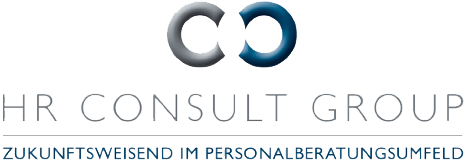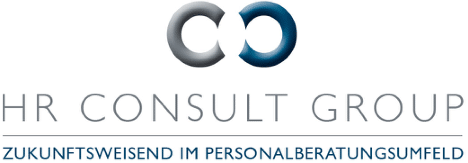Personnel consulting and recruitment play an important role in the job search and staffing process. Both services aim to help employers and employees find suitable jobs and talent. However, although they have similar goals, there are fundamental differences between them that need to be understood.
What is personnel consulting?
Recruitment consulting refers to the service whereby specialized consultants assist companies in the search and selection of qualified professionals. These consultants work closely with their clients to understand their specific requirements and then search for candidates who meet those requirements. The recruitment consultancy provides comprehensive advice and support throughout the recruitment process, including drafting job descriptions, assessing applications and conducting interviews.
The role of the recruitment agency
In contrast, recruitment agencies mainly focus on connecting jobseekers with vacancies. Recruiters usually have access to a pool of job seekers and work to match them with the requirements of their client companies. They often act as an intermediary between employers and employees and can help make the job search process easier for both sides.
Differences between personnel consulting and recruitment
Advice vs. mediation:
The main difference between personnel consulting and recruitment lies in their approach. While personnel consulting offers comprehensive advice and support, recruitment focuses mainly on matching employers and employees.
Focus on customers vs. candidates:
Recruitment consultants work closely with their client companies to understand their needs and find suitable candidates. Recruiters, on the other hand, focus on the needs of job seekers and try to connect them with suitable job offers.
Scope of services:
Recruitment consulting usually offers a broader range of services, including the development of HR strategies and support with the introduction of new employees. Recruitment, on the other hand, focuses mainly on matching jobseekers with vacancies.
Long-term relationship vs. individual placement:
Recruitment consulting often aims to build long-term relationships with its client companies and support them in their long-term staffing strategies. Recruitment, on the other hand, can be seen as an individual placement service, where the focus is on the successful placement of a single candidate.
Procedure for personnel consulting and recruitment
HR consulting
Needs analysis: The process begins with a thorough analysis of the client company's personnel requirements. This includes identifying the qualifications, experience and skills required for the open positions.
Candidate search: Based on the client's requirements, the recruitment consultants begin the search for suitable candidates. This can be done through the use of databases, social networks, headhunting and other recruitment methods.
Assessment and selection: Recruiters conduct a thorough evaluation of potential candidates, including screening their resumes, conducting interviews and reference checks. Based on this information, the most promising candidates are selected.
Presentation and support: The selected candidates are presented to the client company, often accompanied by detailed reports and recommendations. The recruitment consultants also support the client during the recruitment process, including negotiations on salary and contract terms.
Personnel placement
Capture job seekers: Recruiters capture job seekers in their candidate pool through various channels such as online job boards, networking events and personal referrals.
Job matching: As soon as a vacancy becomes available, recruiters compare the requirements of the position with the qualifications and preferences of the candidates in their pool.
Suggestion to employers: If there is a match, recruiters suggest suitable candidates to employers and coordinate interviews and any further steps in the selection process.
Placement and follow-up: Once a candidate has been successfully placed, recruitment agencies support both the employer and the candidate in their integration into the new position or company and, if necessary, also offer follow-up services to ensure that both parties are satisfied.
Conclusion:
Overall, both personnel consulting and recruitment require a structured and professional approach in order to successfully connect qualified specialists with suitable jobs and build long-term relationships between employers and employees.




